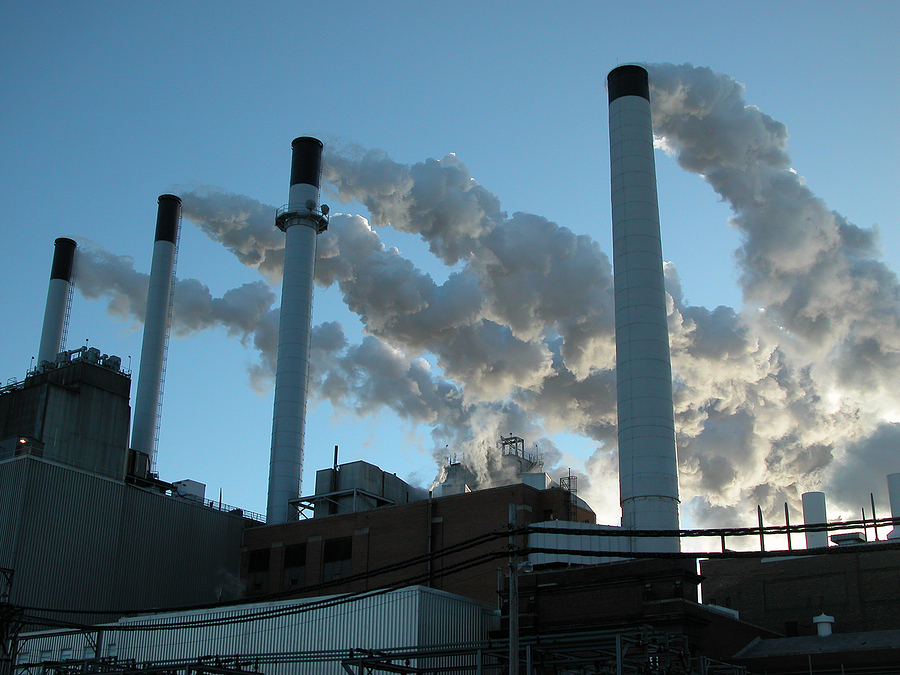A new study has found that air pollution might be more damaging to our health than previously thought. It seems that “prolonged exposure to dirty air has a significant impact on our cognitive abilities, especially in older men.” 1 The study was published in the Proceedings of the National Academy of Sciences.
Researchers at the International Food Policy Research Institute (IFPRI) looked at data from the national China Family Panel Studies longitudinal survey and “mapped the cognitive test scores of nearly 32,000 people between 2010 and 2014 against their exposure to short and long-term air pollution.”2 What they found was that both verbal and math scores “decreased with increasing cumulative air pollution exposure,”3 with the decline in verbal scores especially pronounced among older, less educated men.
RELATED STORY:
Study author Xiaobo Zhang of Peking University said,”The damage air pollution has on aging brains likely imposes substantial health and economic cost, considering that cognitive functioning is critical for the elderly to both running daily errands and making high-stakes economic decisions.”4 (Of note: Cognitive decline or impairment are potential risk factors for developing Alzheimer’s disease or other forms of dementia.)
RELATED STORY:
While the new study adds to what we already know about the dangers of air pollution, developing nations should pay special attention given that their smoggy cities might be hampering national economic development. You see, the damage to cognitive ability by air pollution probably also impedes the development of human capital. And that means we are underestimating the full and total cost of air pollution; the poor in the dirtiest cities are stuck breathing in unfiltered smog, affecting both their health and cognitive abilities. As Zhang put it, “Our findings on the damaging effect of air pollution on cognition imply that the indirect effect of pollution on social welfare could be much larger than previously thought.”5 (Meanwhile, the wealthy are buying their way out of the smog by designing their homes and buying appliances to filter out pollutants in their air and water.)
“According to the World Health Organization (WHO), nine out of every 10 people on the planet breathe air containing a high level of pollutants, with the worst affected regions being Africa and Asia. Of the world’s top 20 most polluted cities, as measured by the WHO, all are in developing countries. Almost all cities in low to middle-income countries with more than a million residents fail to meet minimum WHO guidelines.”6
RELATED STORY:
Some countries and cities are starting to address air pollution issues, check out this article here. We could learn a lot from what’s going on in Mexico City!












